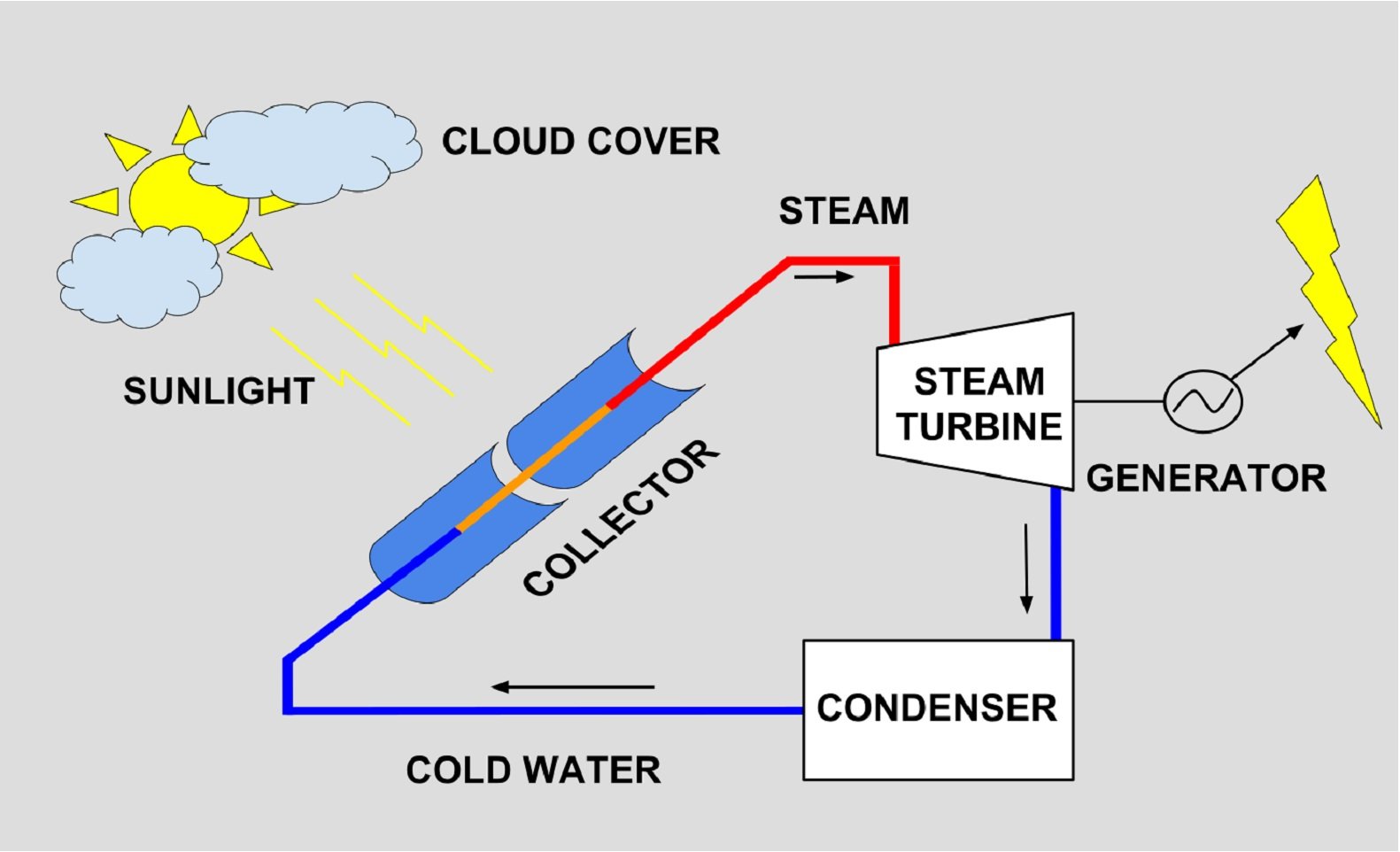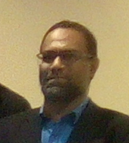
 Sponsored by the British Department of International Development and administered by the prestigious UK-based Royal Society.
Sponsored by the British Department of International Development and administered by the prestigious UK-based Royal Society.
An exciting five-year research project was awarded to a consortium consisting of researchers from Imperial College (London), the University of Lagos (Nigeria), the University of Mauritius (Mauritius) and the University of Pretoria (South Africa).
Project duration: 2016 – 2020
Project budget: 1 Million British Pounds
Project overview:
Electricity production via concentrated solar power is a promising renewable energy technology, especially in the case of Africa. Solar plants based on directsteam generation have advantages over plants that employ secondary fluids in solar collectors (e.g. oils or molten salts), including: higher steam temperaturesand plant efficiencies, and reduced pumping power. Such plants operate ininherently time-varying conditions, due to variations in cloud coverage, ambientconditions and diurnal irradiance, thus giving rise to significant fluid flow and heat transfer unsteadiness. While work has been done towards understanding steady state operation, unsteady phenomena remain unexplored. The main aims of this project are to conduct fundamental research using advanced experimental andnumerical methods on flow with phase-change (boiling and condensation) heat transfer in the presence of unsteadiness, and to use the data to develop systemmodels that can describe transient plant performance.
Why is this project so important? 
- Africa needs access to electricity to support GDP growth
- Electrical energy is critical for improving standards of living
- Continual reliance on fossil fuels is a major concern.
How can this problem be addressed?
- Africa has vast supplies of untapped solar energy.
- Concentrated solar power technology is a promising
- Direct Steam Generation (DSG) is particularly attractive.
Why is DSG attractive? 
- Supports higher operating temperature and thermal efficiency
- Simpler design means lower cost and parasitic losses.
What challenges does DSG face?
- Inherently unsteady operation due to changes in cloud
coverage, ambient conditions and diurnal irradiance
- Resultant variations in steam temperature and vapour quality negatively impacts turbine performance and lifetime
- Difficult to control power cycle to match required load.
How this proposal aims to address this problem:
- Experimental and numerical characterization of unsteady phase change (boiling & condensation) in system tubes
- Develop models at component and power system level to better represent transient behaviour of DSG plants
- Support improved stability and operation of DSG plant to improve technology feasibility.
Papers published under the project so far:
Thermal Energy Processes in Direct Steam Generation Solar Systems: Boiling, Condensation and Energy Storage, 5 March 2019
- A review paper covering the thermal processes involved in direct steam generation through solar systems
- Jaco Dirker, Diksha Juggurnath, Alihan Kaya, Emmanuel A. Osowade, Michael Simpson, Steven Lecompte, S. M. A. Noori Rahim Abadi, Victor Voulgaropoulos, Adekunle O. Adelaja, M. Zaid Dauhoo, Abdel Khoodaruth, Surajudeen O. Obayopo, Olabode T. Olakoyejo4, Mohammad K. Elahee, Michel De Paepe, Josua P. Meyer and Christos N. Markides
- https://doi.org/10.3389/fenrg.2018.00147
Conference Papers produced under the project so far
Heat Transfer, Fluid Mechanics and Thermodynamics 17 – 19, 2017, in Slovenia:
- Review on flow boiling and condensation in pipe using concentrated solar power systems
- Osowade, A. E., Juggurnath, D., Olakoyejo, O. T., Elahee, M. K., Obayopo, S. O., Dauhoo, M. Z, Adelaja, A. O., Khoodaruth A.
- Simulations of air-water two-phase flow in an inclined pipe.
- Juggurnath, D., Dauhoo, M. Z., Elahee, M. K., Khoodaruth, A., Osowade, A. E., Olakoyejo, O. T., Obayopo, S. O, Adelaja, A. O.,
Research Team
|
Imperial College (London, UK)
|
|
Principle Investigator and Lead Patner
Prof. Christos Markides,
Department of Chemical Engineering
|
Co-Investigator
Dr. Alexandros Charogiannis,
Department of Engineering
|
|

|
 |
|
University of Lagos (Nigeria)
|
|
Principle Investigator
Dr. Olabode Olakoyejo, Department of Engineering
|
Co-Investigator
Dr. Adekunle Adelaja, Department of Engineering
|
Co-Investigator
Dr. Olanrewaju Obayopo,
Department of Engineering
|
PhD Student
Mr. Emmanuel Ososwade
|
|

|

|

|

|
|
University of Mauritius (Mauritius)
|
|
Principle Investigator
Dr. Mohammad Khalil Elahee, Department of Engineering
|
Co-Investigator
Prof. M. Z. Dauhoo,
Department of Mathematics |
Co-Investigator
Dr. Abdel Khoodaruth, Department of Engineering
|
PhD Student
Ms. Diksha Juggurnath
|
|
|

|
 |

|
 |
|
|
University of Pretoria ( South Africa)
|
|
Principle Investigator
Prof. Josua Meyer, Head of Department of Mechanical and Aeronautical Engineering
|
Co-Investigator
Prof. Jaco Dirker, Department of Mechanical and Aeronautical Engineering
|
Project Co-Ordinator
Mr. Bradley D. Bock
|
PhD Student
Mr. Wilhelm Johann van den Bergh
|
|

|

|
 |

|
| |
|
|
|
|
|

 Sponsored by the British Department of International Development and administered by the prestigious UK-based Royal Society.
Sponsored by the British Department of International Development and administered by the prestigious UK-based Royal Society. 

Get Social With Us
Download the UP Mobile App